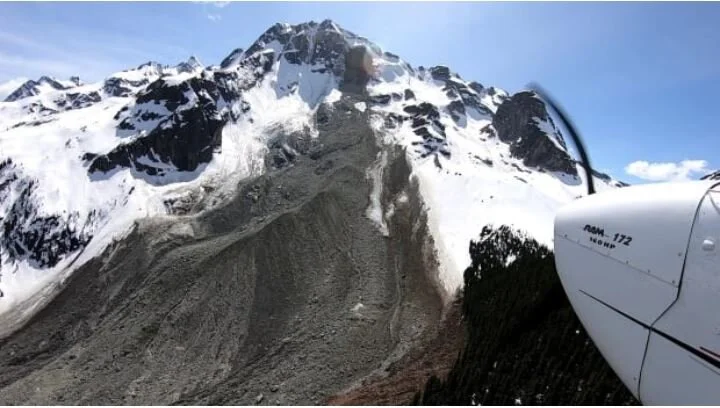As the Columbia Basin continues to experience the impacts of climate change, there is a mounting need to share water knowledge. Water-related data is used by decision makers to understand watershed health and the sustainability of communities and natural ecosystems. “As we continue to experience climate change impacts, our water resources are put under stress, so we need to have the necessary knowledge to properly and efficiently adapt when water levels drop,” said Santiago Botero, applied innovation and technology manager for Living Lakes Canada.
Earth's frozen 'water towers' threatened by warming, population growth, report says
Water frozen at the tops of mountains that helps sustain up to a quarter of the human population is under threat from climate change, population growth and lack of proper management, according to a new international study. The systems store and transport water through glaciers, snow packs, lakes and streams. They supply water to 1.9 billion people on Earth. A group of 32 international scientists — including one Canadian — published a paper in the journal Nature on Monday to highlight the importance and vulnerabilities of what they call Earth's 78 water towers.



